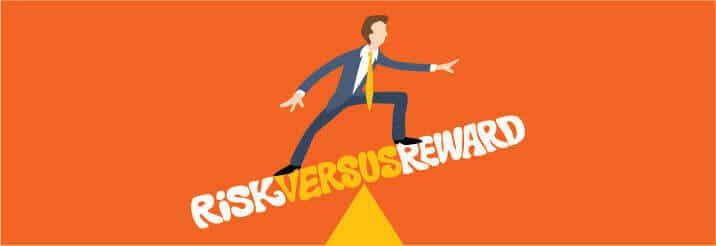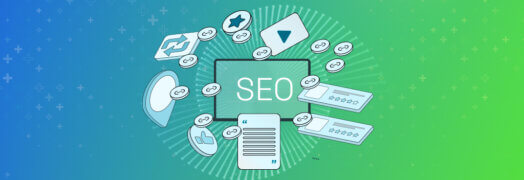Most small businesses owners have a fear of a variety of governmental agencies. Often, this fear is warranted because most of you do not really know, positively, what is expected of you by those agencies. That leaves you with the fear of the government “catching” you for having done something wrong or just not having done something.
On the other side of that is the small business owner who does not worry about the government because they believe they are “just too small” to be noticed. This group of owners is often right. The government usually spends their time and money chasing after the larger employers where the fines and penalties involved make it worth the effort.
In the end, it is this mix of fear and lack of concern that creates the problem. You really cannot wait until your company is bigger to worry about the government because if they know about you, they will target you. And so many of you make it way too easy for them to catch you.
So, where is the risk? How and why are you coming to the attention of a governmental agency? Take a look around your office. See those people working for and with you? They are your biggest risk; they are the ones holding big signs that say “look at this company.”
Don’t say it, I’ve heard it too many times… “but these people have become my friends, my family, and they would never hurt me.”
Over the past two or three years, I have heard many small companies talk about hiring people as independent contractors or paying people under the table. Yes, it saved you from paying payroll taxes and higher workers’ compensation costs. It could also end up costing you much more than you saved.
If the person you hired as an independent contractor did not come to you as a business, then they aren’t a business. That contract you both signed will not convince a governmental agency that you really have a sub-contractor relationship rather than an employer-employee relationship. This type of false independent contractor relationship usually falls apart in the unemployment office.
Once you no longer need this person, they will do what they’ve always done when they are out of work… apply for unemployment. But wait a minute! EDD doesn’t have a record of this person as your employee, does it? Alarms sound and an audit of your payroll records for the last four years is ordered. You will be looking at fines, penalties, possible overtime back pay, and, later on, IRS knocking at your door for unpaid taxes.
So, is it safer to just pay people under the table? No. I am amazed at how many employers don’t even realize that the concept of “under the table” means there is no paper trail. That means you are not paying the person with a company check and you are not writing it off as a company expense. Where’s the risk?
Again, that person is following past habits. When the money stops coming in, they file unemployment. They list their “official” pay and then mention that they also received some cash from you. After all, the more money they say they were making, the higher the unemployment check. This is also how a cash bonus backfires on you (as opposed to a bonus that is properly run through payroll).
While you might consider coaching this person on what to and not to do or say, you have no real control over them once they stop working with you. You really can’t be sure of whether or not they will “tip” the government about your illegal methods. And, yes, these are illegal methods.
Most of the time, these “non-employees” are not trying to harm you intentionally. However, they often harm you by not understanding the legalities of the situation. Even if they understood the harm they might cause, when it comes down to saving you money or making more money themselves, who do you think will be first in their mind?
About the Blogger:
C.J. Westrick, SPHR, owns a human resource consulting firm, HR Jungle (www.HRjungle.com), which specializes in working with businesses that do not need full-time HR assistance but want a high level of experience and knowledge.



